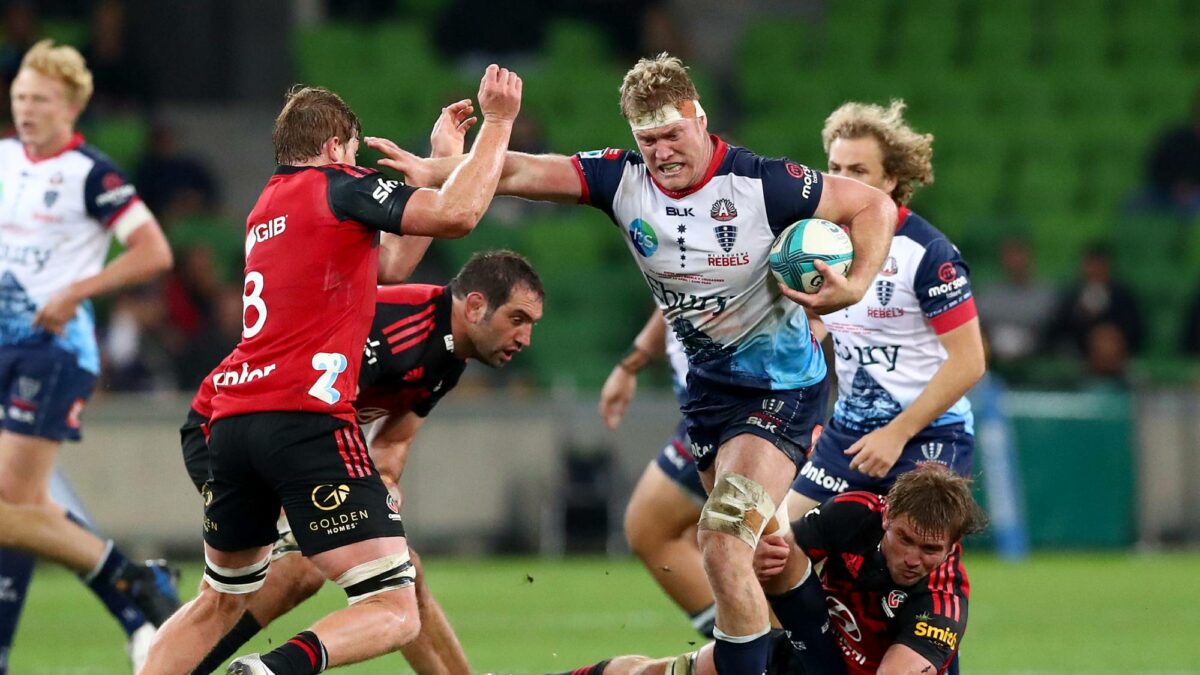Watched it on BINGE.
In general agreement with the content, but we need to caution against the message some have taken away from it i.e. "Just go back to 3 Super Rugby teams when we were good".
That is to ignore the significance of the players we had at the time, the subsequent changes to the systems in which they developed, and more particularly the massive head start we had on other nations by having a professional focus; something we effectively understood from having League right next door. On the face of it, the reason the game went professional was due in no small part to rugby league's threat of poaching union players as Super League appeared off the starboard bow.
There is nothing right or wrong with a specific number of teams (look at the amount of Aussies overseas as evidence we can support it), but the way in which those teams operate is key.
The data-driven approach by Gain Line Analytics (Ben Darwin) is touched upon in the closing credits, and this gives me comfort that we can start to see results at Super and Wallabies level.
This is a helpful analysis.
There are other good reasons we can't go back to 3 teams:
1. It would do more damage than good. Remember the Force.
2. Commercial reasons.
3. If we only had 3 teams we would have had no professional competition/Super Rugby AU for two years during COVID.
4. We still don't know what's happening beyond 2023. We may yet go domestic.
However, there are other ways to build cohesion among the Super Rugby teams. And the inside word is that the Super Rugby teams themselves have understood the importance of this. Hence, the Rebels keeping players together in Queensland's Premier rugby, the Force organising several games against international opposition after SRP (Super Rugby Pacific) in 2023, and other teams scrambling to organise games and short tours, etc.
There is also a general agreement that something between club and Super Rugby needs to be established. It should not be underestimated the cohesive advantage NZs NPC gives their Super Rugby teams. And it's more than simply having a competition in place. NZ's NPC teams are a well established part of the rugby landscape, with influence and connection to players coming through the system.
But cohesion (as measured by GLA) is more than the number of games players have played together. System stability is also a factor. When one team takes a chunk of players from another team's system, it creates instability for both systems. This has a negative effect on a team's cohesion. The Oz Super Rugby teams need to have a clear focus on building (rather than buying) their players within their own system. This is especially important for the Force and Rebels. This is why I'm excited about the new extended u16 and u19 championships. They're a really good (and strategic) step towards retaining players on the pathway to the Super Rugby teams, and building players within a single system. This in turn adds stability to the overall system.
So there are some good things happening.




